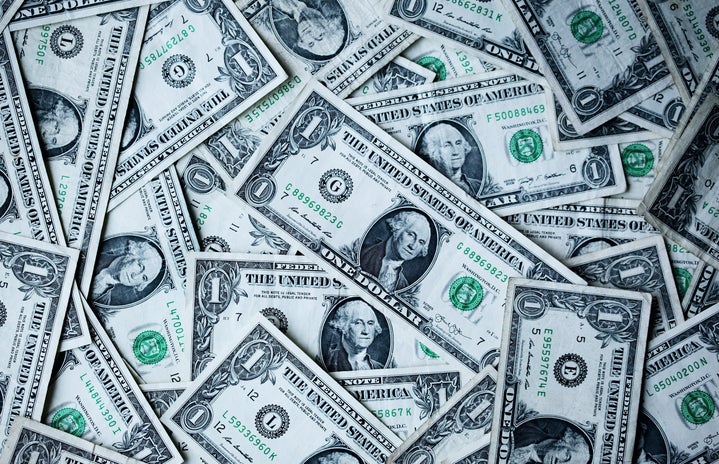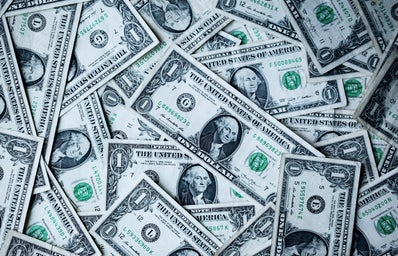Compared to its western counterparts, K-pop is seen as the more “manufactured” of the two — primarily for its rigorous training system for its artists (also known as idols) that includes all aspects of performance such as dance, live singing and rapping. The popularity of these groups largely depends on which company groups debut under; large companies have more advantages including greater budgets for promotions and artist credibility under their names.
The larger the company is, the more chance a group or idol under its label has to succeed. If you’re one of the largest idol-producing companies in South Korea, rumors around possible new group members will start months or even years prior to when the groups will actually step foot onto the stage.
While it is common in western culture to prioritize the artist over the company, in K-pop, it is the opposite. Companies will form their own identities and visual/audio tags to promote their groups and keep them within their own “family.” They develop certain reputations for having particularly difficult training styles, being good singers/dancers or producing actor-idols.
The importance of these reputations for idols is best exemplified by idol reality survival shows, where a large number of contestant trainees are given the opportunity to debut in a final group at the end of the show. These shows are largely based on the popularity that is more often than not linked to their company reputation.
The most prevalent identities in previous generations of K-pop have been the “Big Three” companies: SM Entertainment, JYP Entertainment and YG Entertainment. They are known for producing the most consistently successful groups and songs for the Korean and international public. They are the home to K-pop legends like Girls’ Generation, TWICE and BLACKPINK respectively.
Yet today in 2023, all three of these major companies have suffered significant losses in some aspect. In 2022 alone, SM, JYP and YG both have been beaten out by one of K-pop’s newer corporations, HYBE, also known as the home of BTS, in terms of stock value. In fact, there was recent controversy regarding HYBE becoming the largest shareholder at SM with 14.8%, with plans to buy up to 40 percent of the company. SM released a video speaking out against the HYBE takeover, forming a feud between the two companies.
HYBE has become controversial in that they have acquired many small and large companies since its creation in 2005, forming a potential monopoly of the K-pop industry under this exponentially-growing corporation. With HYBE’s focus on an international market, groups with strong Korean fanbases are being disbanded or not being given adequate attention in comparison to groups with strong international support, such as GFRIEND and NU’EST.
YG Entertainment has seen one of the greatest falls of the generation with the exposure of multiple drug and sex scandals under the direct involvement of some of YG’s greatest stars, namely Seungri from Big Bang and its own founder, Yang Hyun-suk. The Burning Sun Scandal was the largest scandal to hit the K-pop industry, with multiple sex crimes taking place in the Burning Sun nightclub. This deeply ruined the credibility of YG Entertainment to the Korean and International public, especially since it was known for having a strict, “no drugs or alcohol” policy prior to the scandal.
While JYP Entertainment has not recently had any major scandals to the degree of the Burning Sun, JYP has received criticism for its debut and sexualization of young idols and dangerous dieting techniques. Over the years they have also seen major fluctuations in their stock value as well, with fans worrying if they can keep up their “Big Three” status.


